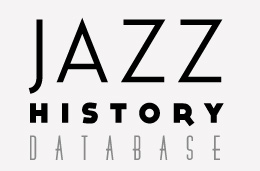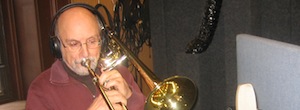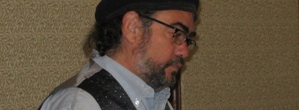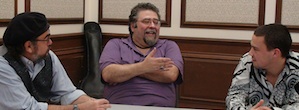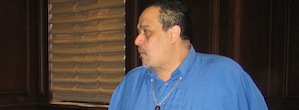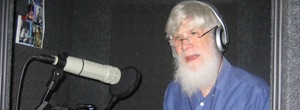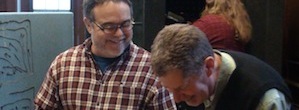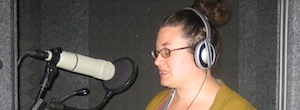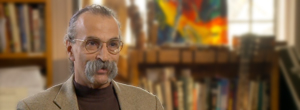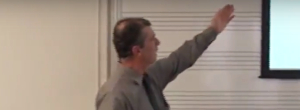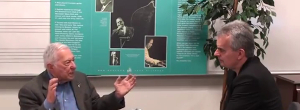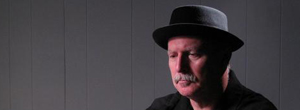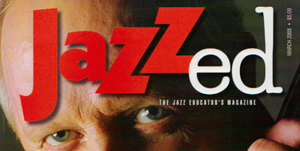
Click here for Personnel Involved
The WPI JAZZ POETRY PROJECT was a two day recording marathon of poetry and music organized by Jonathan Blake, Worcester State University, who serves as Jazz History Database poetry curator.
The event was produced by Andres Leiro and co-produced by Professor Richard Falco, WPI. Recording engineers were Adam Vadala-Roth and Jason Rosenman.
Jonathan Blake:
Since the beginning - - the music of language, the cadence of voice, vowel and consonant, the emphatic or diminished modulation of tone, the percussion of handclaps and primitive drums, the early stringed instruments accompanying the lyric, the improvised return of call and response, the silence….the return,….the heard and the listened to….listened for…..the music of language and the language of music have been woven together into the double helix of our human experience.
On Saturday, 12/1 and Sunday ,12/2 of December 2012, poets and musicians convened at WPI for the first in what may become a series of recordings of artists working closely to seek the communion of the word and the musical instrument: to explore and to cultivate a time honored tradition.
When I was approached by Rich Falco to become involved with the Jazz History Database, he wanted someone to explore the relationship between jazz and poetry as a digital wing of the database's cyber museum. In our subsequent conversations, he wondered if we might be able to offer a recorded example of this type of dialogue from original material. Many musicians have found their way to collaborating with poets in and around Worcester. Indeed, the area has been a fertile scene for such collaboration; there has been a long tradition for the past 35 to 40 years, and much of what can be documented often emphasizes the musical idiom of jazz.
Soon after our conversation, I contacted poets and musicians I knew who had experiences in this type of collaboration to offer them an opportunity: doing so meant finding musicians who could both keenly listen and improvise with considered response, and poets whose work and reading style was rhythmic and musical, yet unafraid of the silence necessary for dialogue. Each artist from this first recording session was unabatedly enthusiastic and excited with the prospects of what could be created. What you will hear in these recordings are performances that were both carefully planned and orchestrated, all the while allowing for the improvisation that is at the heart of jazz, the spontaneity of considered conversation, and some that were shaped only after brief discussions between musicians and poets and only moments before the red recording light went on. Please share in their artistic communion.
